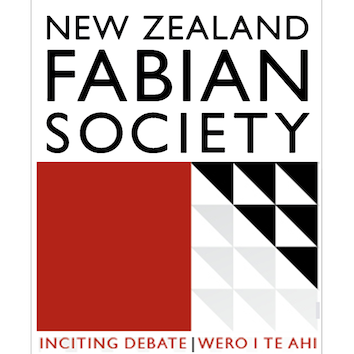The passing of Ian Shirley brings to mind that period in time before bad Roger got us so totally off-piste. Within a few years of Ian fronting concerns about the endemic homogeneity of the then welfare state, how it lacked capacity to hear the concerns of Maori, the poor, women, new migrants, suburbia and new ghettos, Roger had us responding to attacks on the welfare state that were far more distracting. We were turned from supporting many claims for equality and emancipation – addressing power structures that denied rights and equal opportunity to diverse communities, to defending the gains, and even the edifice, assumed post-1938. The welfare state was blamed for many things and the market was offered as the centre of opportunity. Neo-liberalism took over the narratives and the issues Ian had raised were dissed as 'identity politics'.
Ian had his rumble with Muldoon in a context where models of community development were increasingly challenging conventions of power, privilege and prerogative. Muldoon knew this. He could see a concerted front emerging from the communities left out of the patriarchal, post-colonial, increasingly middle-of-the-road heterosexist consensus that was the prevailing welfare hegemony. We had the beginnings of a period of building the critique, raising issues forging a second approach to an active state, and we were getting organised by experiences in the anti – movements, against Vietnam, nuclear testing, racist tours, restrictions on abortion and more.
The extraordinary thing was that Ian and the scope for community development, agitation, activism, building unity locally and collectively were flourishing, pre-Roger! I remember few here from my vintage - Jose Sawyer, Beth Firmage[BN1] , Betty Wark, Will Ilolahia. We can rattle off many names across the period who had profile, forging debate. Now, after 40 years of battling neo-liberalism, we call this nostalgia!
There is one further thing to learn here. We know the issues remain and indeed that almost all have become worse and more damaging. There is even more sociology about that informs these critiques. We have detailed evidence on domestic violence and youth suicide, but the danger is that the 40 years have divided us into fighting these things as distinct battlegrounds. Indeed, we now have the invidious divisiveness of 'my concern is more pressing that your concern'.
We know the reasons, but do we have a clear idea of where changes must come from? The movement that Ian was part of grew from a consciousness emerging in communities that clearly understood how oppositional powers operated, using multiple levers of influence to keep their privilege intact; to obfuscate and repress challenging voices. Such powers loved divide and rule tactics. Muldoon thrived on it and the neo-libs have been at it all along. A liberation movement must have places to join-up, collaborate and put its confidence in a leadership front. Ian’s career saw the gains coming from academic endeavour. I suspect his first love of communities organised from the ground up needs to be restored as a shared strategy.
PRJ
{jcomments off}
